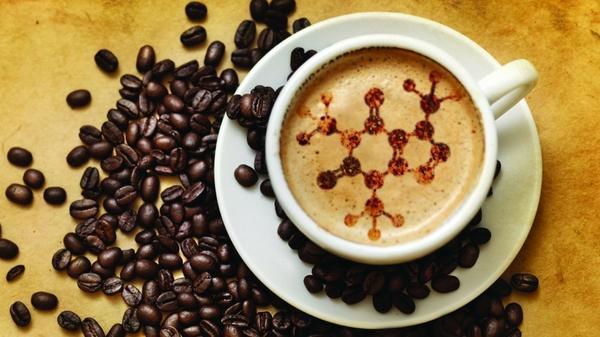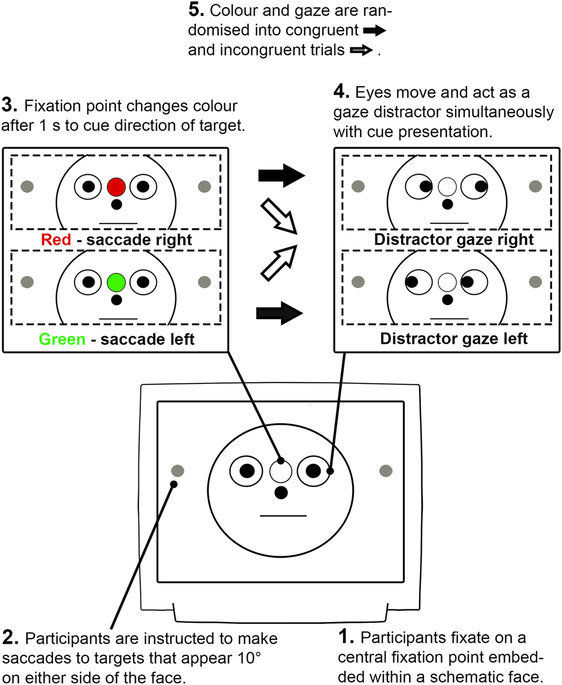This is Science: How does coffee help you recover from physical exertion?

A source
Recently, more and more people become adherents of healthy lifestyles (healthy lifestyle). Many people go in for sports after work to relieve the tension accumulated during the day, someone prefers a morning jog to “energize” the brain, and someone even spends a lunch break in the pool or on an exercise bike. It is quite natural that during active physical exercise there is a depletion of carbohydrates (the main “fuel”) in the muscles, and they get tired. However, fatigue extends not only to the muscles of the legs, arms, back or abdominals, but, for example, leads to a decrease in the tone of the muscles of the eyeballs, and, as a result, causes a decrease in the absorption of visual information.
How can a cup of strong coffee fix the situation? - will ask% username%.
')
It is logical that muscle fatigue is due to the accumulation of carbohydrate breakdown products (including lactic acid) during intensive training. However, scientists are aware of such a phenomenon as “general fatigue of the central nervous system” ( Central nervous system fatigue ), which is also responsible for the decrease in muscle “productivity” during physical exertion. The imbalance of the number of molecules of messengers inside the body leads to the fact that the central nervous system is not able to effectively transmit commands for muscle contraction. And until recently, it was not completely clear how this affects muscles that are not directly involved in physical activity.
A team of scientists recently published work in the journal Nature Scientific Reports managed to shed light on the behavior of the eye muscles after heavy physical exertion. So with the help of modern IT-technologies, allowing to track the movement of the eyeballs (the so-called eye-tracking), it was shown that the average speed of movement of the eyeballs is reduced by 8% after training, preventing the absorption of new visual information.

The essence of the experiment: when turning on the red or green signal, the subject's eyes should move from the center to the left or to the right. The rate of such movement was monitored using an eye-tracking device.
Good news for athletes, but apparently bad for cardiologists: a caffeine portion equivalent to 2 cups of coffee (meaning espresso) can completely eliminate the effect of general CNS fatigue and even slightly speed up the reaction (buff + 11%).
So, geek, remember: if after playing sports, you are waiting for an important meeting or presentation, then bahni a cup of strong coffee!
The original article " Fatigue related control in preventive control is prevented by caffeine " was published in ACSNano ( DOI: 10.1038 / srep26614 ).
Sometimes briefly, and sometimes not so much about the news of science and technology, you can read on my Telegram channel - welcome;)
Source: https://habr.com/ru/post/395111/
All Articles